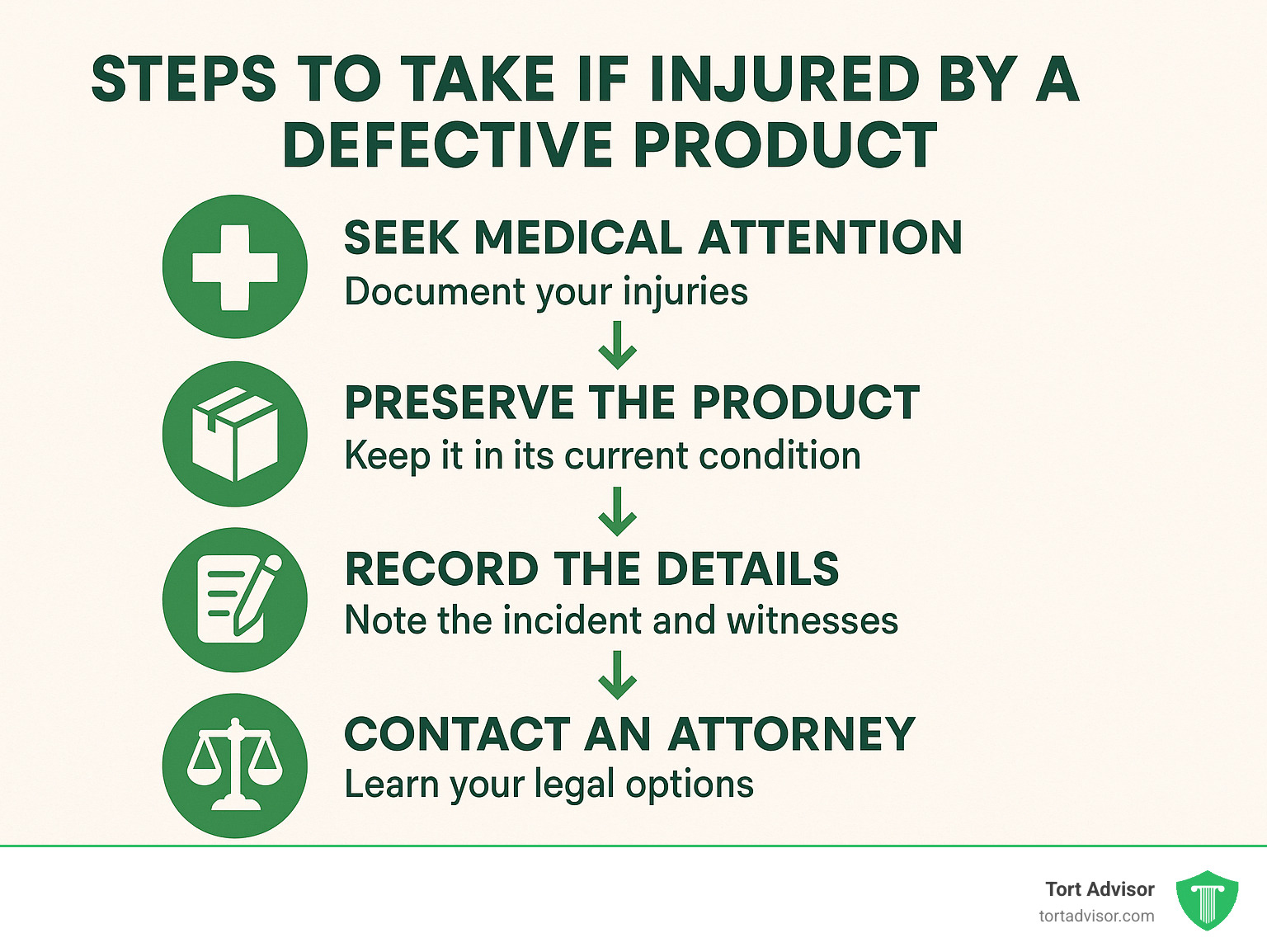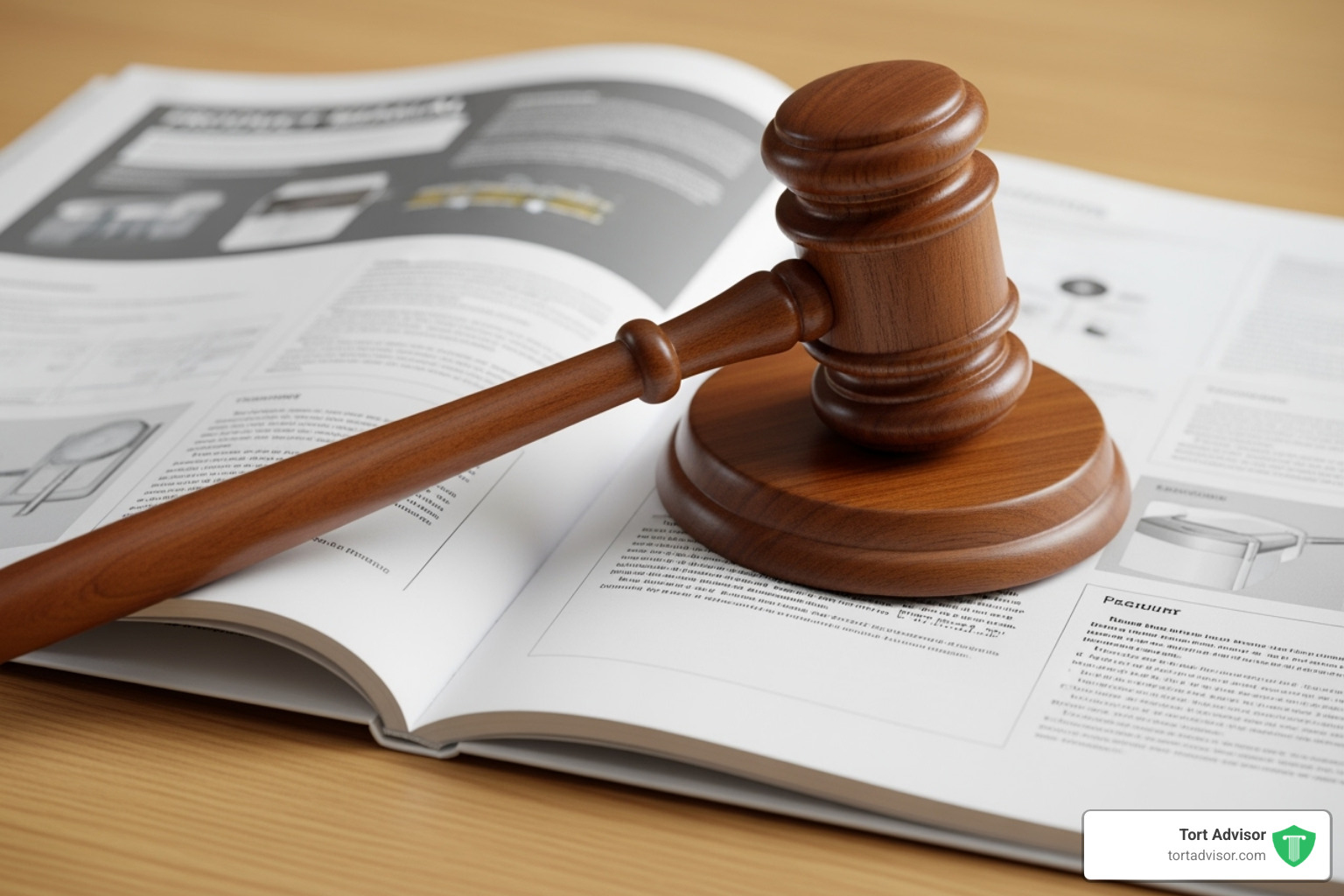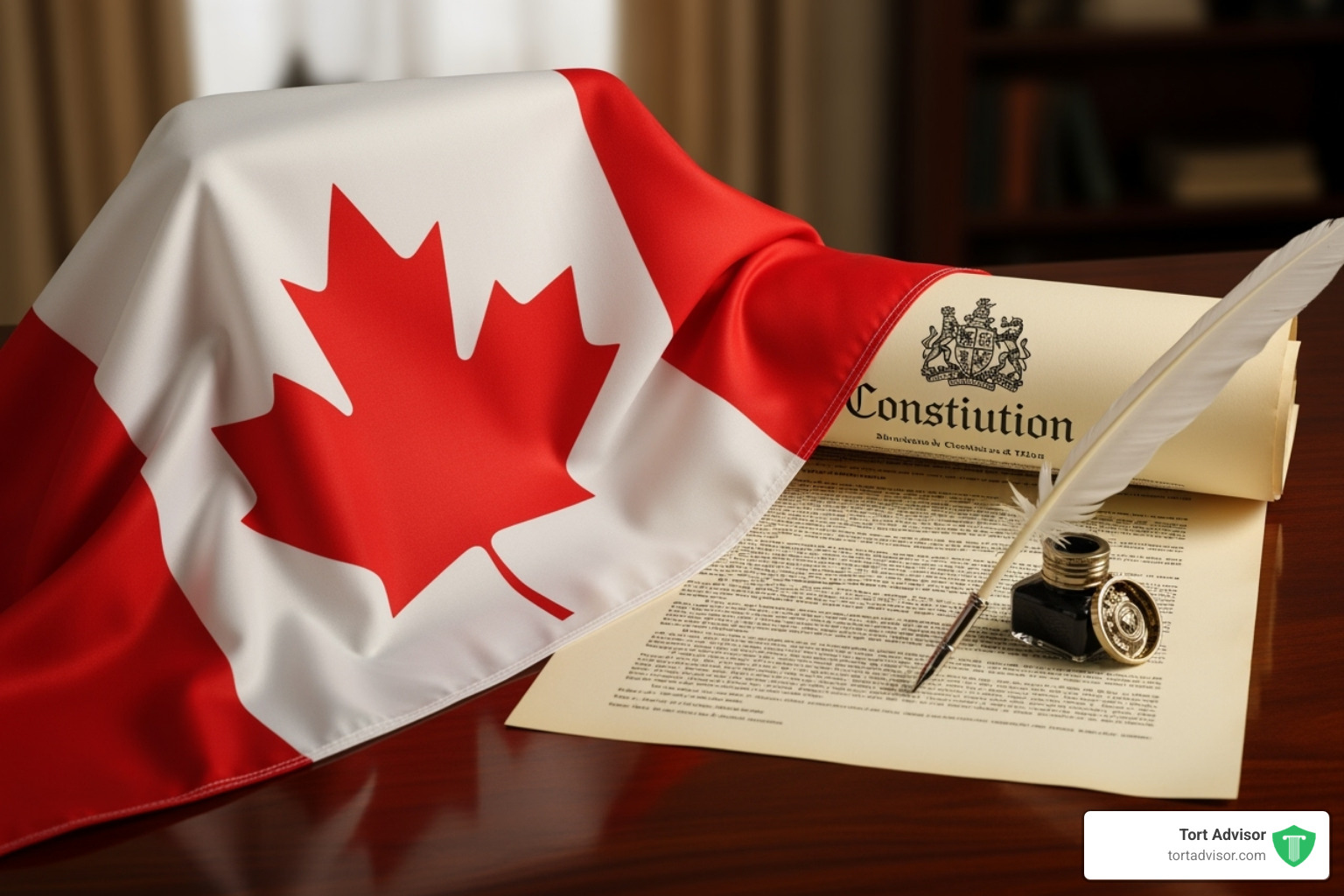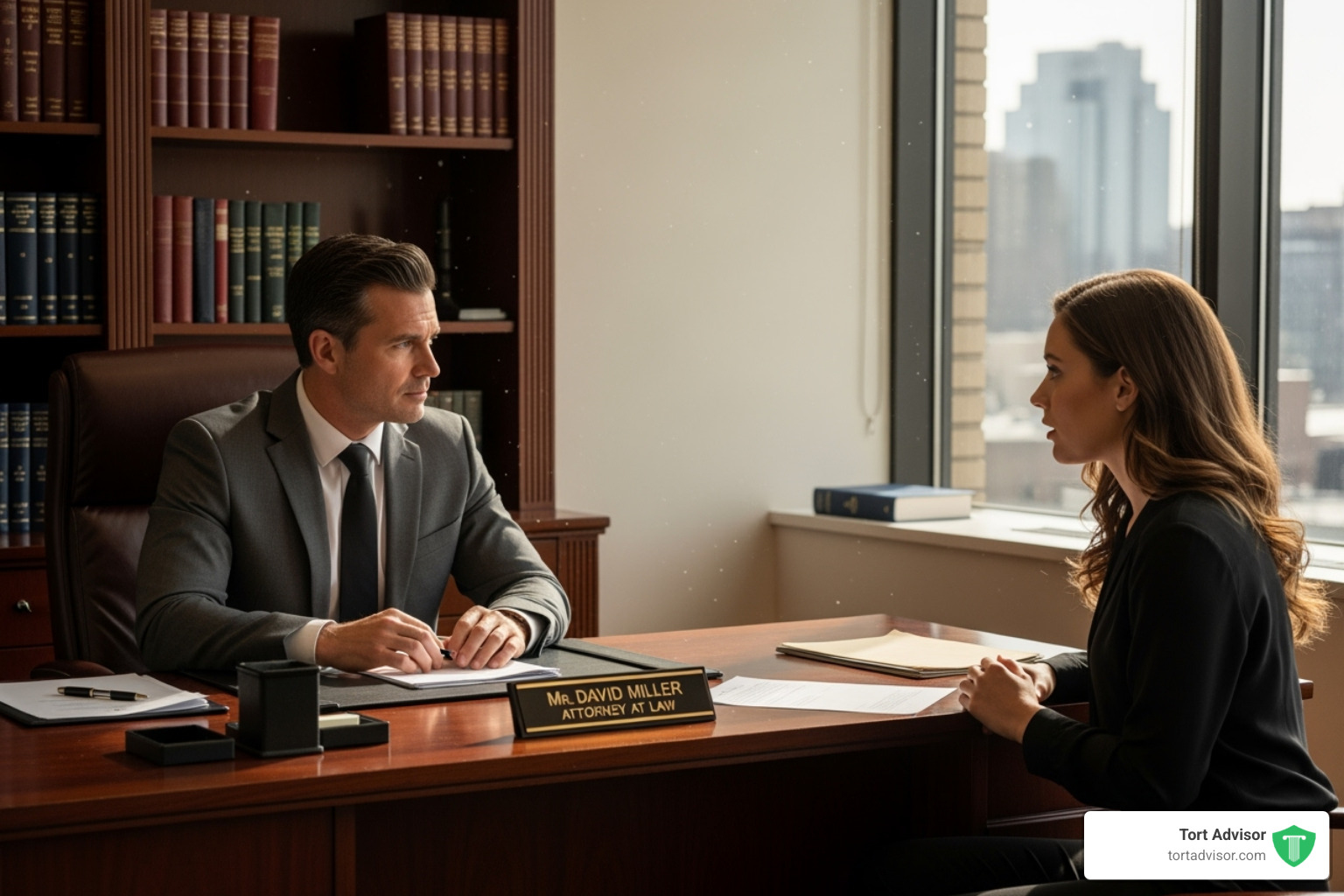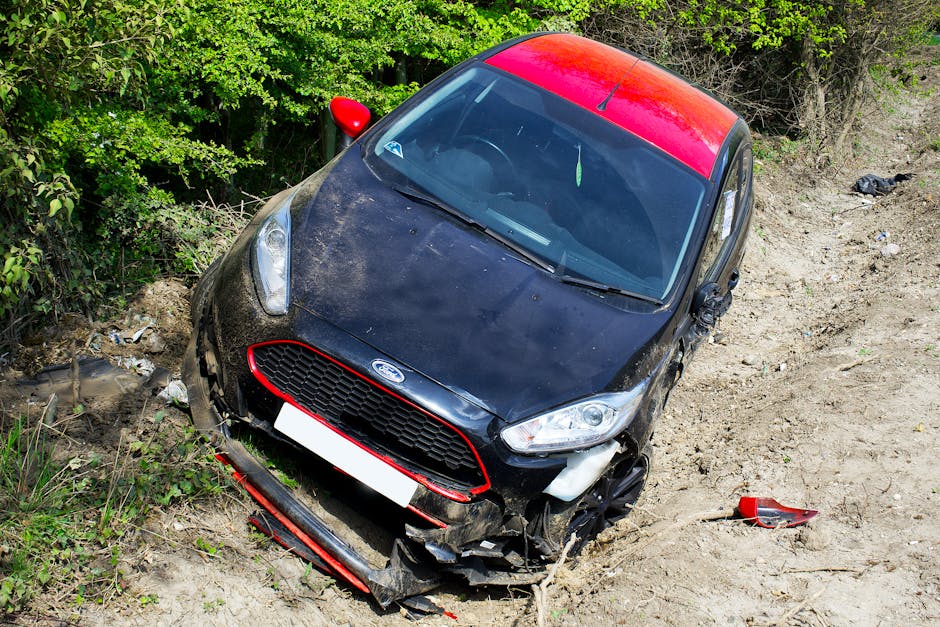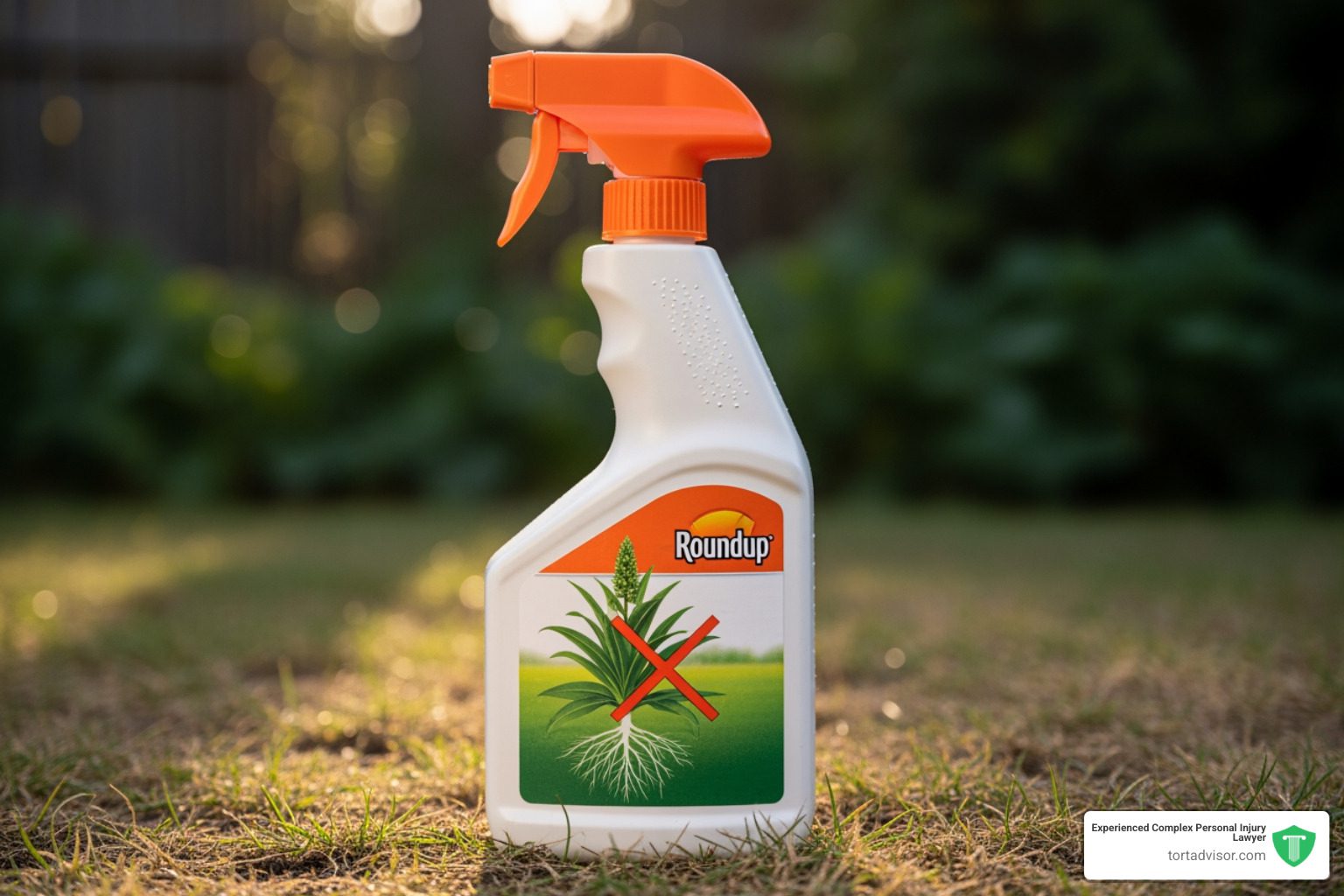


Why You Need Attorneys for Defective Products
When you buy a product, you expect it to be safe. You trust that it will work as it should, without causing harm. But sometimes, things go wrong. A faulty or dangerous product can lead to unexpected injuries, pain, and financial loss. That’s where attorneys for defective products come in.
If you’ve been injured by a product you believed was safe, you might be wondering what to do next. Here’s a quick guide on why you need legal help:
- Protect Your Rights: You have a legal right to safety and to seek justice if a product harms you.
- Steer Complexity: Product liability law is complex. It involves proving the product was defective and directly caused your injury.
- Hold Accountable Parties: Many can be responsible, from the manufacturer to the retailer. Lawyers know how to identify and pursue all liable parties.
- Secure Compensation: An experienced attorney can help you recover damages for medical bills, lost wages, and pain.
- Level the Playing Field: Large corporations have powerful legal teams. An attorney balances this power dynamic.
Being injured by a defective product can feel overwhelming. It’s not your fault if a company failed to ensure its product was safe. You shouldn’t have to carry the burden alone.
Understanding Product Liability: Your Rights as a Consumer
When you buy a product, you expect it to be safe. This isn’t just a hope; it’s a fundamental consumer right backed by product liability law. This legal framework holds manufacturers, sellers, and distributors responsible when their defective products cause injury. Companies have a clear obligation to design and manufacture safe products and to include necessary warnings. If they fail to uphold this duty of care and you get hurt, product liability laws are in place to protect you.
Just because you were injured while using a product doesn’t automatically mean it was your fault. The product itself might have been improperly designed, manufactured, or marketed. This is where the expertise of attorneys for defective products becomes invaluable, as they can determine if a product’s defect was the root cause of your injury.
What is a Defective Product?
In the eyes of the law, a defective product is one that falls short of reasonable safety standards, making it unreasonably dangerous to the user. It’s a product that, due to some flaw, fails to function as intended and causes harm.
Defective products usually fall into one of three main categories:
- Defectively Designed Products: These products have a flaw in their blueprint, meaning the entire product line is inherently dangerous, even if manufactured perfectly.
- Defectively Manufactured Products: These products were designed to be safe but became dangerous due to an error during production or assembly.
- Defectively Marketed Products: This category covers products sold with improper instructions or a failure to warn consumers of potential dangers.
Understanding these distinctions is crucial, as the type of defect dictates the legal strategy needed to build a strong case.
The Three Types of Product Defects Explained
Let’s look closer at each type of defect:
- Design Defects: The problem here is with the product’s blueprint. The entire concept was unsafe from the start. Proving a design defect is often challenging, as it requires showing that a safer, economically and technically feasible alternative design existed when the product was made. This typically requires expert testimony from engineers who can analyze the product’s design.
- Manufacturing Defects: This occurs when a safe design is compromised during the production process. An error on the assembly line, for example, can turn a safe product into a dangerous one. These defects are often easier to prove because they involve a clear deviation from the manufacturer’s own specifications. Evidence might include production records or the defective product itself.
- Marketing Defects (Failure to Warn): This defect happens when the warnings or instructions are misleading, insufficient, or absent. Manufacturers must warn about known dangers that can’t be eliminated through design or manufacturing. If a company fails to properly inform you about potential hazards and you get hurt, you may have a claim.
Your Legal Rights When Injured
When you’re injured by a product, the legal system recognizes several fundamental rights:
- The Right to Safety: You have the right to expect that the products you use are safe for their intended purpose.
- The Right to Information: You have the right to be fully informed about a product’s potential dangers and how to use it safely.
- The Right to Seek Compensation: If a defective product injures you, you have the legal right to file a lawsuit to hold the responsible parties accountable and recover damages.
- Implied Warranties: The law often implies certain conditions into a sale, such as that a product must be of “merchantable quality” and “fit for a specific purpose.” These implied warranties also protect you.
Understanding these rights is the first step toward taking action. Our attorneys for defective products are here to ensure these rights are upheld.
Navigating a Product Liability Claim
You might be breathing a sigh of relief knowing that product liability laws exist to protect you. But how do these laws actually work? While the core principles of product safety are consistent, the specific rules and how claims are handled can vary by state.
In the United States, a strong legal framework exists to keep consumers safe. This safety net comes from both federal laws and state-specific statutes. A key principle in product liability is that everyone in the product’s chain of distribution can potentially be held responsible. This means not just the manufacturer, but also distributors and retailers. This broad approach gives consumers more avenues to seek justice.
Who Can Be Held Liable?
When you’re hurt by a faulty product, you might wonder who is responsible. The answer can be complex, as liability can extend to almost anyone involved in getting that product to you.
Key parties who could be held accountable include:
- The Manufacturer: This is the most common defendant. Manufacturers are responsible for ensuring their products are safe before they are sold.
- The Designer: If the problem stems from a flaw in the product’s original blueprint, the designer could be liable, even if they didn’t build the product.
- The Distributor or Wholesaler: These middlemen can be held responsible if they knew about a defect or if their handling of the product contributed to its danger.
- The Retailer: The store where you bought the product can often be held liable for selling an unsafe item. They are the direct link between you and the product.
Our attorneys for defective products investigate every step of the product’s journey to identify all potentially liable parties, maximizing your chances of receiving fair compensation.
Key U.S. Product Safety Laws
The U.S. has a robust set of rules to protect you. At the federal level, the Consumer Product Safety Act (CPSA) is a cornerstone of consumer protection. It created the Consumer Product Safety Commission (CPSC), an agency tasked with protecting the public from unreasonable risks of injury or death from thousands of types of consumer products. The CPSC sets safety standards, issues recalls for dangerous products, and researches potential hazards.
Other federal agencies, like the Food and Drug Administration (FDA) and the National Highway Traffic Safety Administration (NHTSA), oversee the safety of specific products like food, drugs, cosmetics, and vehicles.
How Claims Work
While federal laws set a baseline, most product liability lawsuits are based on state laws, which generally fall into three categories of legal theory:
- Strict Liability: In most states, if a product is defective and that defect causes an injury, the manufacturer or seller can be held “strictly liable.” This means you don’t have to prove they were negligent—only that the product was defective and caused your harm.
- Negligence: You can also file a claim based on negligence. This requires proving that the defendant failed to exercise reasonable care in the design, manufacture, or sale of the product, and this failure led to your injury.
- Breach of Warranty: When a product is sold, it comes with certain promises, or “warranties.” An express warranty is a specific promise made by the seller (e.g., “shatterproof glass”). An implied warranty is one the law automatically assigns, such as the promise that a product is fit for its ordinary purpose. If you are injured because a product failed to live up to one of these warranties, you may have a claim.
Proving these claims requires a clear link between the product’s defect and your injuries. This is why having experienced legal help from attorneys for defective products is so important.
Building Your Case: Why You Need Expert Attorneys for Defective Products
So, you’ve been hurt by a product you trusted. What now? Product liability claims are complex, involving technical details, scientific analysis, and the powerful legal teams of large corporations. This is not a fight you want to take on alone.
Proving a product was defective, especially with a design defect, means challenging the choices made by engineers. It’s difficult to show that a manufacturer ignored safety rules or was negligent. This is why specialized attorneys for defective products are essential. They level the playing field, ensuring your story is heard. If you want to learn even more about product injury cases, we have plenty of resources for you.
The Role of Attorneys for Defective Products in Gathering Evidence
Building a strong case requires careful detective work. Our attorneys are masters at this, acting as your investigators and champions. Here’s how they gather crucial evidence:
- Preserving the Product: This is critical. Keep the defective item, its packaging, and any manuals or receipts. The product itself is often the most powerful proof.
- Collecting Medical Records: All records and bills from doctor visits, hospital stays, and therapy are needed to document the extent and cost of your injuries.
- Gathering Documentation: Proof of purchase is vital to trace the product’s origin. Witness statements can also provide valuable support for your claim.
- Hiring Experts: For complex cases, attorneys work with a network of skilled professionals like engineers and medical experts. They can perform technical analysis, test the product, and provide official expert reports and testimony to prove how the defect caused your injury.
Types of Compensation You Can Recover
A successful claim can lead to meaningful compensation for your losses and suffering. You may be able to recover:
- Medical Expenses: This covers all past and future costs for your recovery, including hospital stays, surgery, medication, and rehabilitation.
- Lost Income and Earning Capacity: This includes wages you’ve already missed and compensation if your injury prevents you from returning to your job or reduces your future earning ability.
- Pain and Suffering: Also known as general damages, this compensates you for the physical pain, emotional distress, and loss of enjoyment of life caused by the injury.
- Punitive Damages: In rare cases where a company acted with extreme recklessness, a court might award punitive damages. These are intended to punish the company and deter similar conduct in the future.
Why You Need Specialized Attorneys for Defective Products
Given the complexity of these claims, you need a specialist. Here’s why choosing specialized attorneys for defective products is essential:
- Complex Litigation Expertise: They understand the deep engineering, manufacturing, and scientific principles involved and can build strong legal arguments from them.
- Access to a Network of Experts: Experienced firms have relationships with top engineers, scientists, and medical professionals who can provide critical evidence.
- Navigating Legal Standards: They are up-to-date on the mix of federal and state laws governing product safety and know how to use them to prove liability.
- Fighting Corporate Giants: They are accustomed to facing the aggressive tactics of large corporations and have the resources to stand firm and maximize your compensation.
At Tort Advisor, we connect people like you with top-rated specialty attorneys. We work only with highly skilled lawyers who have a proven track record of getting great results. We proudly serve clients across all US states, including Fort Lauderdale, Miami, North Miami, Hollywood, and South Beach, among others.
What to Do After an Injury from a Defective Product
Being hurt by a product you trusted is upsetting and confusing. Once you’ve addressed your immediate health needs, there are important steps you can take to protect your legal rights and build a stronger case. Acting quickly can make a significant difference.
- Seek Medical Attention Immediately: Your health is the top priority. See a doctor even if your injuries seem minor, as some issues appear later. This creates an official medical record of your injuries, which is vital for any legal claim.
- Preserve the Product and Packaging: Do not throw away, fix, or alter the product. Keep the item itself, along with its original box, manuals, receipts, and warranty cards. The product is often the most powerful piece of evidence.
- Document Everything: Take photos and videos of the defective product, the scene of the accident, and your injuries. Write down exactly what happened, including the date, time, and location. If there were witnesses, get their contact information. Keep a detailed log of all medical appointments and injury-related expenses.
- Do Not Admit Fault: Be careful what you say to the manufacturer or their insurance representatives. Their goal is to limit their liability. Politely decline to give a recorded statement until you have spoken with an attorney.
- Contact a Lawyer: As soon as you can, contact a lawyer who specializes in product liability. Reaching out to dedicated attorneys for defective products early is one of the best moves you can make. They can guide you through the process and help you avoid common mistakes.
Frequently Asked Questions about Product Liability Claims
It’s normal to have questions about complex legal topics like product liability. We’re here to help make sense of it all. Here are answers to some of the most common questions we hear:
How long do I have to file a defective product claim?
Time is critical in legal claims. Each state has a strict deadline, called a “statute of limitations,” for filing a lawsuit. If you miss this window, you could lose your right to seek compensation forever.
In the U.S., the time limit for personal injury claims varies by state, but it is often two or three years from the date of the injury. However, the clock may start ticking from the date you finded (or reasonably should have finded) your injury and its link to the product. Because these deadlines can be complex, it is crucial to contact attorneys for defective products as soon as possible to protect your rights.
What if I can’t afford a lawyer for my case?
This is a common worry, but it shouldn’t stop you from seeking justice. Most attorneys for defective products, including those in our network, work on a contingency fee basis.
This means you pay no upfront legal fees. The attorney’s fee is a percentage of the compensation they recover for you. If they don’t win your case, you typically owe no legal fees. This “no win, no fee” arrangement ensures everyone can access top-quality legal representation, regardless of their financial situation. We also offer free initial consultations to discuss your case.
Does a product recall automatically win my case?
No, a product recall does not automatically win your case, but it can be very strong evidence. A recall, which you can find details about on government sites like the CPSC’s recall database, shows that the manufacturer has acknowledged a safety issue.
However, to win your case, you still need to prove two key things:
- Causation: You must show a direct link between the product’s specific defect and your injuries.
- Damages: You must prove that you suffered actual harm and losses (like medical bills or lost wages) because of that defect.
A manufacturer might also argue that your own negligence contributed to the injury, which could reduce the compensation you receive. An experienced product liability attorney can help you connect all the dots, prove causation and damages, and skillfully steer any defenses the manufacturer might raise.
Conclusion
When a product you trust causes harm, it’s a profound betrayal. You expected it to be safe, not to cause injury or lasting pain. If this has happened to you, know that you are not alone, and you do not have to carry this burden by yourself.
Product liability law can seem overwhelming, but what matters most is that your rights as a consumer are protected. Companies have a legal duty to ensure their products are safe. When they fail, they must be held accountable.
These claims are complex, requiring deep technical knowledge, expert witnesses, and the resources to stand up to corporate legal teams. You need specialized attorneys for defective products who understand the science, know the law, and have a track record of winning.
That’s why Tort Advisor exists. We connect injured people with highly skilled specialty attorneys who know how to hold powerful corporations accountable and fight for the compensation you deserve.
Your journey toward justice can start today. Remember the crucial first steps: seek medical care, preserve the defective product, and document everything. Then, reach out for the professional legal guidance that can make all the difference.
You trusted that product to be safe. Now, trust experienced legal professionals to help you get the justice you deserve.
Find a qualified product injury attorney today.
Free Confidential Case Evaluation
Complete the short form below to get an immediate FREE case review with an expert in your specific claim. Don't wait, your case could be time sensitive to file a claim.
Related Posts
Discover New Jersey disability benefits: TDI, FLI, SSDI, SSI rates, eligibility, applications & appeals for 2025-2026.
Hire a Depo-Provera lawsuit attorney now. Fight Pfizer for meningioma risks from injections. Free consult, MDL updates & settlements up to $1.5M.
Find top Miami florida car accident lawyers after your 305 crash. Get max compensation, navigate no-fault laws & choose the best experts now!
Diagnosed with cancer after Roundup? Learn about the monsanto roundup lawsuits, eligibility criteria, and how to pursue your claim.
Discover how do you qualify for a hair relaxer lawsuit: criteria, diagnoses, evidence & brands in uterine cancer MDL. Claim review now!
Find the best uber sexual assault lawsuit lawyer: expert guides, MDL experience, proven results & nationwide firms for justice.

